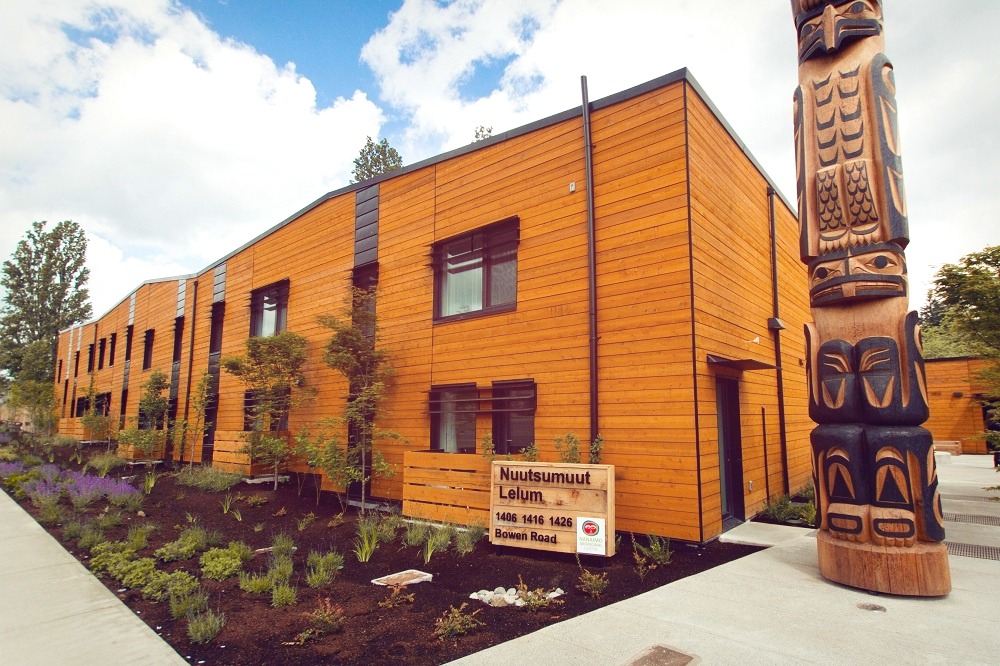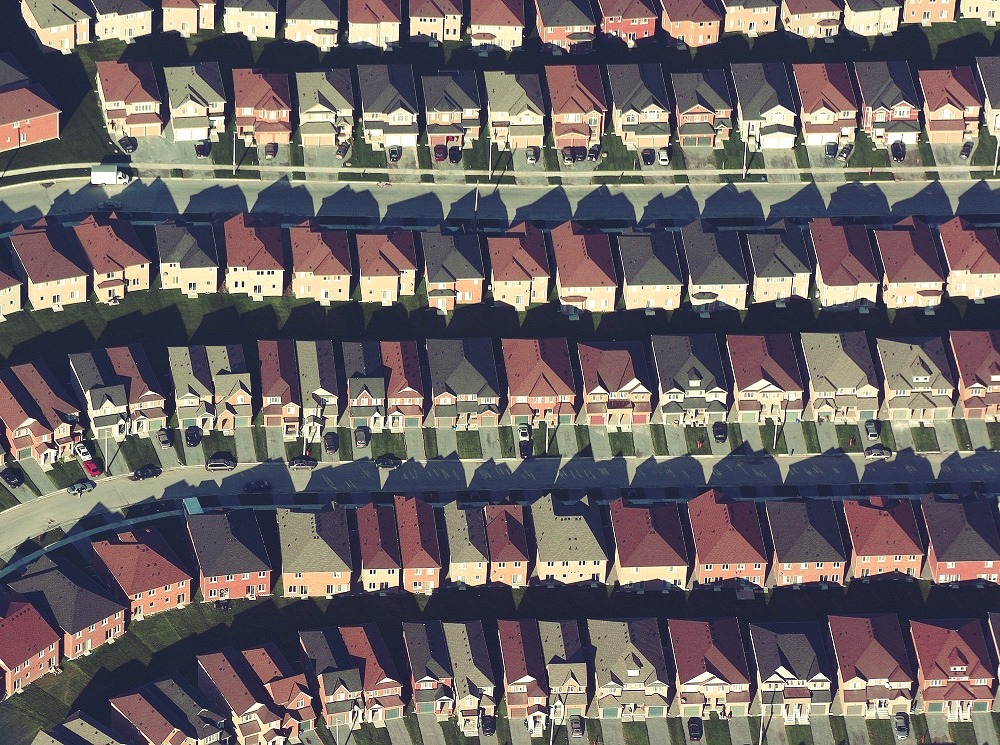Canada is called home by many, regardless of their background, including their financial one. It’s the dream of many to be able to buy a house in the locality of their dreams, such as the busy bustling cities of Vancouver or Montreal. Affordable housing is thus the buzzword of the realty market in those places, especially with the increasing influx of immigrants.
What to know about the affordable housing scenario in Canada:
- The trickle down trick: The old makes way for the new always, and so is it with housing as well. The increase of wealth and income of households over time, they tend to seek out better options elsewhere from their present dwelling. This leaves the dwelling open for potential new buyers to move into, either as rent or outright purchase. This, however, has a drawback in the rapidly expanding metropolitan areas, where the prices are such that only the rich can afford the empty nest left behind.
- The market rental portal: There are private entrepreneurs who purpose build houses and manage them for the sake of letting them out to rent. Such an option is called market rental. These can also include units temporarily rented by their owners as well as secondary units(at times referred to as ‘mortgage helpers’). Residential hotels are present to provide low-rent single occupancy rooms which share bathrooms and have limited kitchen facilities. The issue with market rental is that they don’t qualify for any government rental assistance.
- The governments’ hands of help: The Canadian Federal Government’s aim is to ensure that affordable housing is available to all and that it is of good quality. This sets the tone for all the laws that are made by the governments of all levels within their respective jurisdictions. They have stepped in when needed to provide adequate housing for those in need and manage the prices of the real estate business as well.
There are social housing provisions made for those who cannot manage their needs for adequate and affordable housing by means of just market housing. A greater than 30% limit of annual household income (before taxes) on housing expenditure of a family classifies it as a core need one. Current numbers of core need families are around the 14% mark. The need may be temporary or permanent, with most occurring in big cities. This is addressed in a big way by the government taking the help of non-profits and/or co-operatives to build and/ or manage affordable homes. With the 2008 amendments to the Canadian Home Stimulation Program and Canada Mortgage removal plan, small-time investors in private rental projects can purchase property without down payment.
The federal government now has handed over the responsibility of affordable housing to lower level governments. Only Quebec and British Columbia’s provincial governments support social housing, while local governments handle it elsewhere.Affordable housing is still a possibility in Canada, but with more stresses being added by the day, it’s turning into a challenge to keep unlocking one which is at arm’s length.

